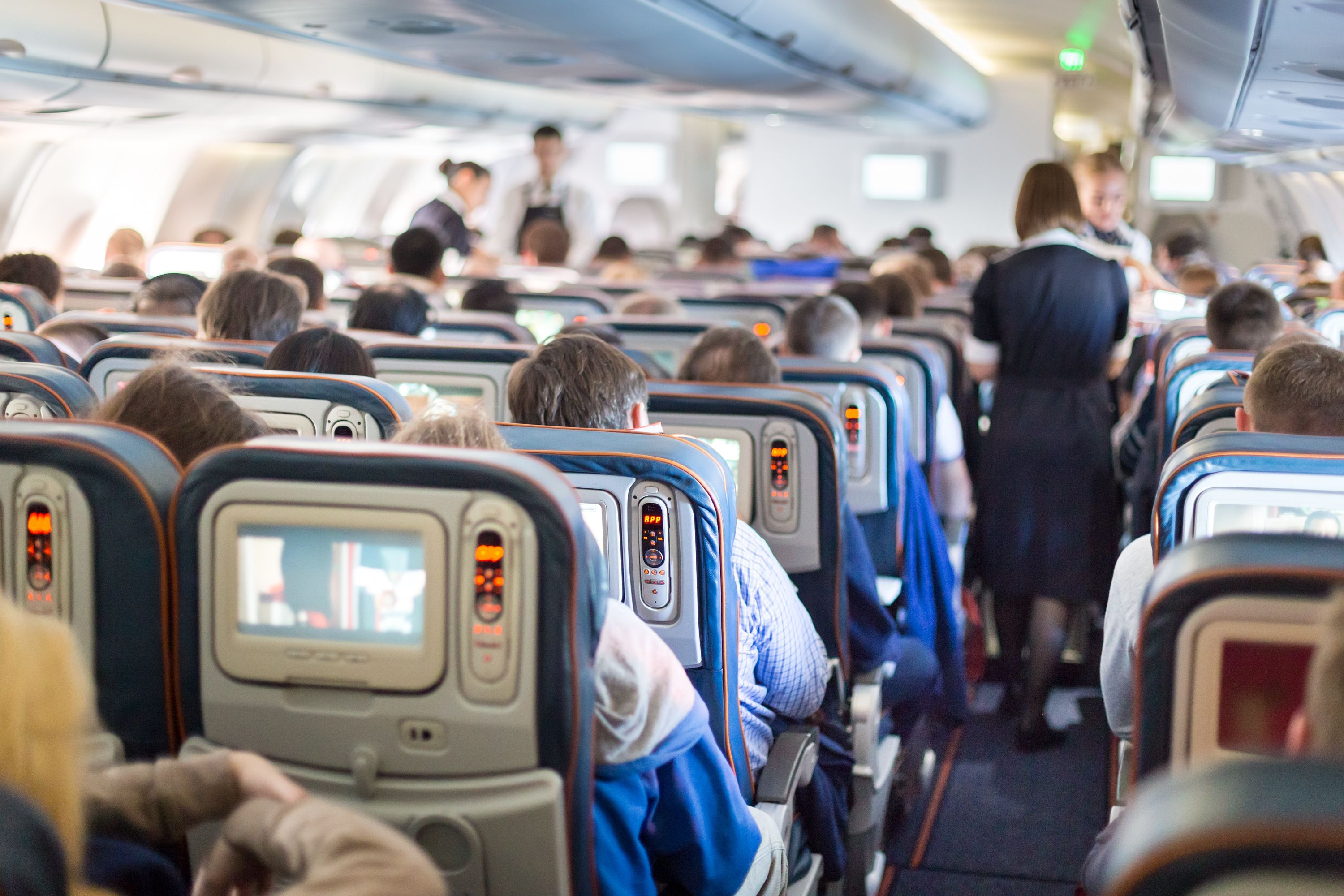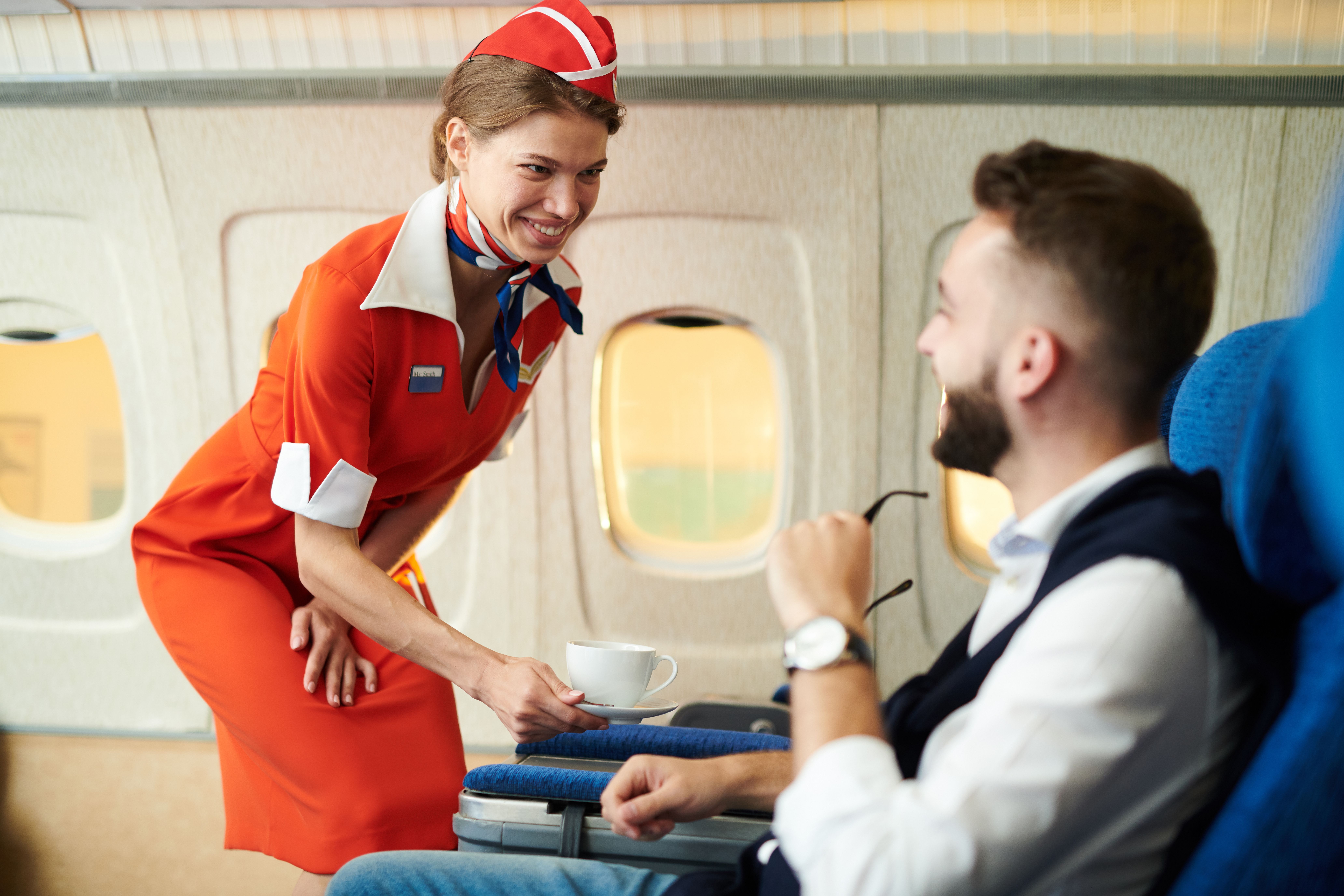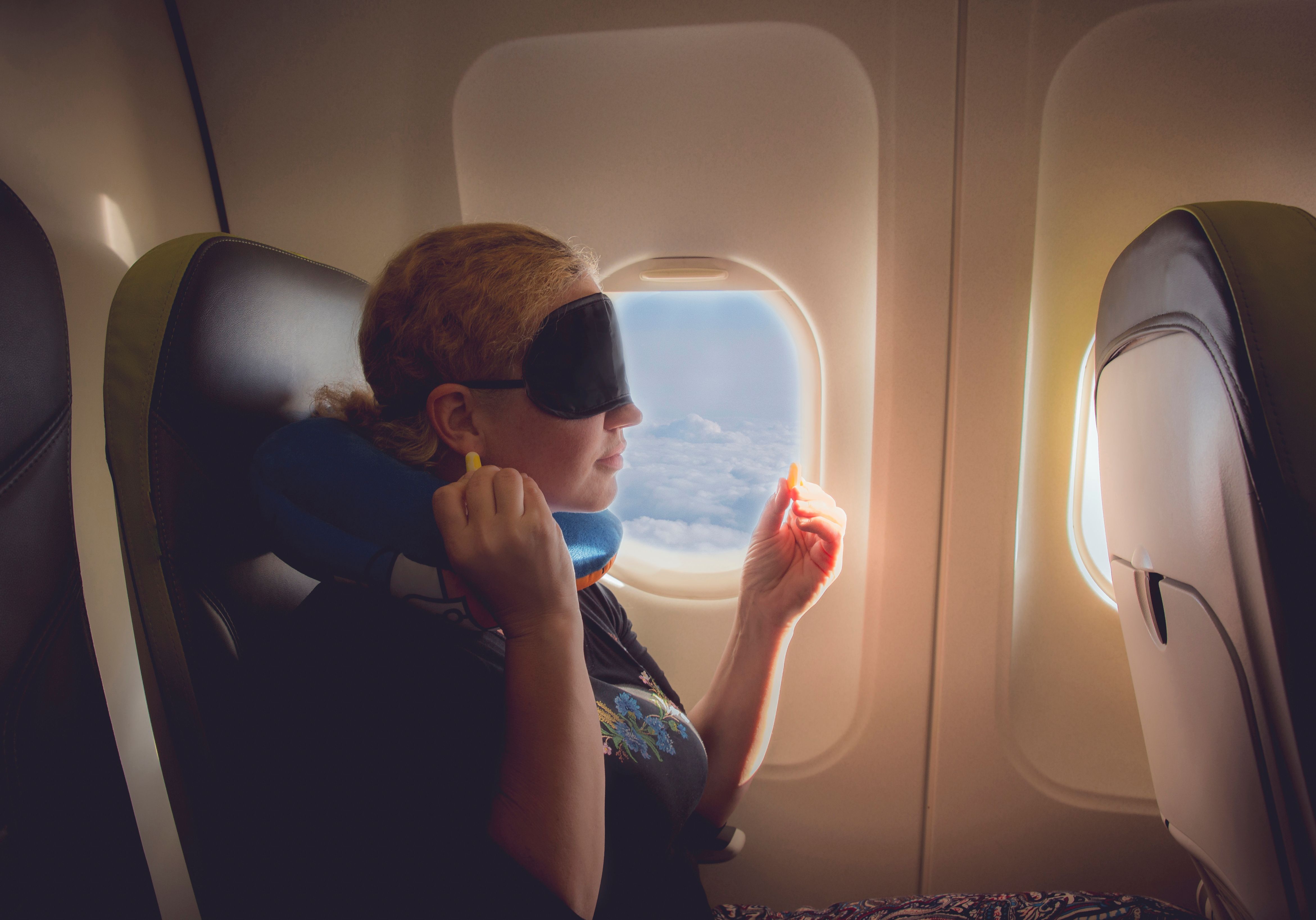For much of the population, being on a plane has been a foreign concept for the last year or so or longer. Whether plane anxiety existed prior to that or not is somewhat irrelevant when it's up against the fact that some people will experience some level of anxiety when they book their first flight post-pandemic or post-vaccine. This is completely normal! Plenty of time has passed and with humans being grounded, more or less, it can be a challenge to embrace the idea of spending hours flying.
For those who have always experienced plane anxiety, this fear could come from many places. Some may come from a completely rational place while other fears could spawn from thinking the worst - which is also completely normal. However you're feeling, and whatever your fears are, these are some tips you can take with you on your next flight.
Acknowledging Your Fears Is The First Step
It's not easy as a human to admit when we fear something, especially when this fear can so easily feel like a weakness. The fact is that it's not, and fearing planes is a very common and relatable phobia. Learning about our phobias can definitely help us understand them more and, in turn, understand how to overcome them. Rationality and logic are two things that can go hand-in-hand when it comes to putting knowledge before that feeling of fear, doom, or dread - and this is only the first step.
Research Can Help Alleviate Some Of The More Irrational Fears
Researching phobias is helpful but researching why we feel that way is even more important. Getting to the root of our fears is something that gives us power over them, and by delving into the reason behind something, we can slowly learn how to traverse it.
For example, if our number one fear is a plane malfunction, it can be helpful to research more about this particular subject and maybe even speak to an expert on the matter. In reality, we'll learn that malfunctions are incredibly rare and the statistics can help draw some logic into an otherwise reasonable - but unnecessary - fear.
Consider Tuning Into Turbulence Reports
For some people, anxiety doesn't necessarily kick into high gear until turbulence happens. This can be a very stressful experience as natural weather patterns have an effect on the plane's normally smooth ride. Knowing when to expect it could be helpful, though. Through apps such as iTunes, which offers Turbcast for $1.99, gives a fully-detailed forecast of both the weather as well as the chance for turbulence prior to a flight. Being prepared can help cut down on anxiety and learning about what causes turbulence can make it less stressful.
Let Flight Attendants Know, They've Been There Before
If all else fails, don't hesitate to talk to the flight attendants! They're well-versed in-plane anxiety as well as in what happens during a flight, including turbulence. They might be able to give even better advice or offer techniques that go beyond what internet research can do.
They can also help allay any fears about what could happen on a flight and how to respond, as well as doing a check-in with you during the flight to make you feel less alone and anxious.
Practice Holistic Calming Techniques And Refrain From Anxiety-Inducers
Breathing techniques are not just made-up methods to calm a person down. It's been proven that connecting our breath to our minds helps to make us feel more relaxed, as it's somewhat of a reset for our emotional state. Focusing on our breath also serves as a distraction as we turn our attention inward rather than outward. While you're doing this, focus on your posture, the placement of your arms and legs, unclench your jaw and fists and relax the tension in your shoulders. In the time it takes to do this, you'll likely already be in the air or making it to the ground for a landing.
Create An In-Flight Relaxation Kit
If you're really worried about getting anxious while on the plane, try creating an in-flight relaxation kit. This could include anything from an essential oil roller (lavender or CBD are popular choices for relaxation) to a scented eye mask.
Scents are very strong when it comes to memory and emotion so this is likely to serve as a good distraction. Include things such as coloring books, a pen, notebook, or anything else that could help take your mind off the flight. Your favorite book or e-reader, headphones to listen to music, or earplugs to drown out the noise of the plane are all helpful.



